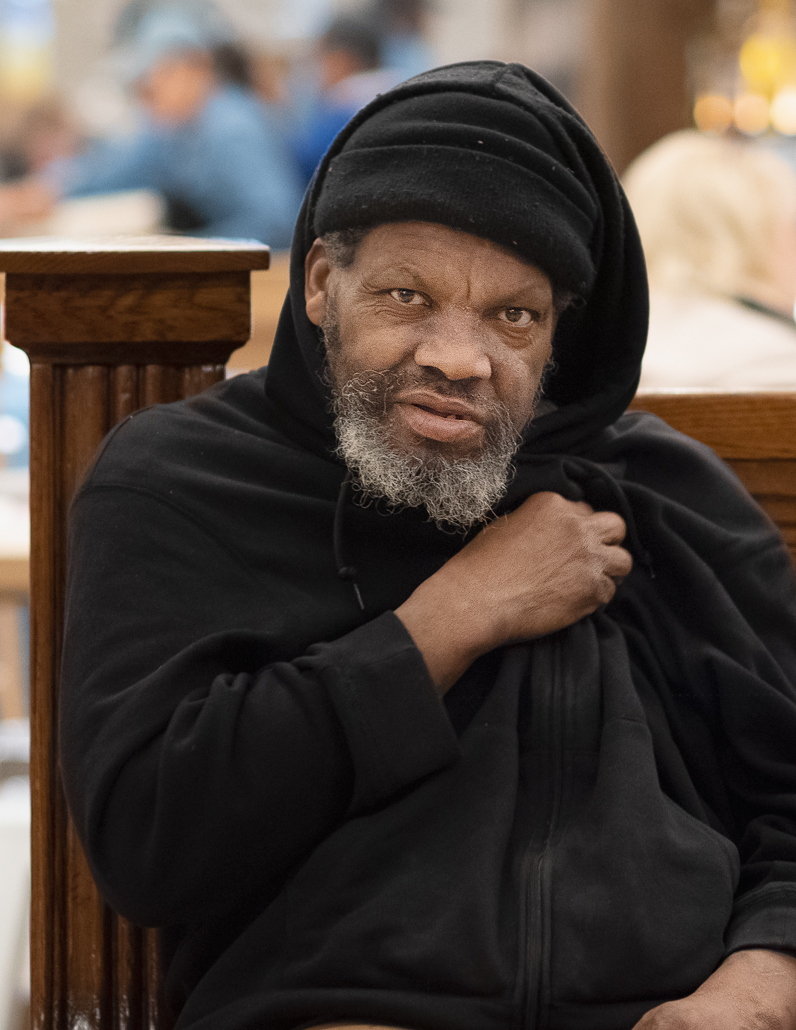When public service messaging was more popular in the US it was not uncommon to see advertisements warning how to recognize a heart attack or a stroke. Did they work? I have not looked at the research examining the effectiveness of these types of advertising, but it is clear that many people continue to ignore the warning signs of these mortally dangerous events. Regardless of their effectiveness, the question must be asked: why are they necessary in the first place? After all, it’s not as if the new onset of shortness of breath, or chest pain brought on by mild exertion, should not be terrifying. It doesn’t take much thought to realize that ignoring a new and frightening symptom is acting counter to one of our basic instincts, that of self-preservation.
I learned an important lesson about people when I was training in Internal Medicine. For better or worse, I trained before medical internships in the US were changed by the the Libby Zion case in which the daughter of a prominent journalist died in hospital, allegedly due to neglect (though more likely due, least in part, to her lying to the doctors who were caring for her). In those days, medical interns were on call every third night. The result of this schedule, which resulted in work-weeks 100-120 hours long, meant a constant state of sleep deprivation, high levels of stress, and the rapid acquisition of new knowledge, abilities, and self-confidence. On-call meant that we would admit new patients to the hospital for a period of 24 hours. Most admissions to our Jacobi Hospital occurred through the Emergency Department (Emergency Room in those days). Admissions occurred by rotation among the interns on-call that night. When we were “up” the ER would page us, we would call down to hear the initial patient details, then go down to the ER to meet and begin caring for our patient.
Heart attacks (technically myocardial infarctions) were, and still are, common causes for admission to the hospital. When part of the heart muscle is deprived of sufficient oxygen (due to insufficient blood flow) pain results. The pain can be severe and, for many people, hard to ignore. Often, the first episodes of cardiac pain occur when people are doing normal activities that previously posed no problems. They might feel fine sitting but experience chest pain when walking up stairs, or even walking down the street. If they stop and rest, the pain may subside. This is called cardiac angina, a dangerous sign of a compromised circulation bringing blood and oxygen to the heart muscle. When the circulation has become critically compromised, but not completely shut-off, pain occurs only when the demands on the heart, as during exercise, increases. If the cardiac demand for oxygen decreases, for example if the person sits down, and the heart is not completely deprived of blood flow, the pain will subside.
New-onset angina is an emergency that should never be ignored. Shortness of breath on light exercise is another, and often accompanying, symptom of new onset-angina. I have never done the following survey but I’m quite confident that if I asked people, even those with no medical sophistication, what they should do if they experienced serious chest pain every time they climbed a few stairs or walked a few blocks, they would respond “go see a doctor”. So how do most people actually behave?
During my year as a medical intern I admitted to the hospital many people who had no prior history of heart disease and who were suffering their first myocardial infarction. Upon arrival in the ER I would first establish that the patient was stable and receiving appropriate medication. Next, my task was to learn about the “history of the present illness”. This involves asking questions, in this case specific to heart attacks. What was the person’s exercise tolerance in the past? What symptoms had been experienced? When did they begin? What brought them on or made them better?
More often then not, the tell-tale warning signs had been present for some time. “I’ve been having pain on walking for 3 weeks”. “For past 2 weeks I had shortness of breath and chest pain while climbing stairs”. “ I used to be able to walk to flower shop but I’ve been unable to do this for past month due to chest pain”. “Did you go to the doctor” I would ask? “No”, they would typically reply.
I could not wrap my head around this. Why would people behave so counter to self preservation? Why would they put their lives at risk? Why didn’t they realize? What were they thinking? WHY THE HECK WOULD THEY DO SOMETHING SO STUPID?
After numerous similar experiences, a lightning bolt belatedly hit me in the head. This behavior may not be how I would behave (can I be sure?). It is not how I want to behave, or have my family and friends behave, but this is how people behave. We can discuss what may contribute to this behavior but for our purposes, the reasons don’t matter. I simply had to accept that this was normal human behavior. There was nothing wrong with these people. I was the one who had to change. People don’t behave as we would imagine, or as we would like. Sometimes they behave in ways that make no rational sense.
Cognitive psychology is defined, according to the American Psychological Association as “the branch of psychology that explores the operation of mental processes related to perceiving, attending, thinking, language, and memory, mainly through inferences from behavior (https://dictionary.apa.org/cognitive-psychology). Behavioral Economics, the child of cognitive psychology is a field of study that seeks to build an understanding of economics based on how real people, and not idealized people, actually behave. Research in these fields has demonstrated that people behave in irrational ways in many situations. For example, the Endowment Effect is an irrational assignment of undeserved value to something that we own. Amazingly, the Endowment Effect can be observed for items as trivial as coffee cups, and when the cups come into a person’s possession just moments before! Similarly, people assign greater emotional value to a loss than to an equal gain (“Loss Aversion”). In his book “Thinking Fast and Slow” (2011) Daniel Kahneman, winner of the Nobel prize in economics in 2002, describes that people use “heuristics” to think about the world. A heuristic is analogous to a computer program (though perhaps with more latitude). The use of heuristics allows us to reach conclusions quickly, and often correctly. However, in many situations a heuristic will lead us to the wrong conclusion. And it will do so, over and over again.
I once heard an interview with Daniel Kahneman on the occasion of his 80th birthday. Towards the end of the interviewer he was asked (I’m paraphrasing): after all these years of study, what have you discovered that can help people avoid these mistakes? His answer was…nothing. This is a profound answer. We can be taught to recognize these errors when other people make them, but there is little that can prevent us from making them over and over again. The heuristic is, in a sense, hard-wired. We are not the rational beings we think we are.
In the 12 days since the mob insurrection at the US capital, more and more videos, taken mostly by participants, have been released. More statements are being made by the people who stormed the building. Many of them are bizarre and incomprehensible. Likewise, conspiracy theories are running rampant in the US and many other countries. Tens of millions of Americans actually believe that Democrats are engaged in pedophilia, and even in eating children. (The close similarity between this Q conspiracy and the old and discredited Blood Libel which accused Jews of killing Christian children because they needed their blood to bake matzos, is no accident.) Ask most people about people who behave as the insurrectionists did, or who follow the QAnon conspiracy, and you will likely hear of version of “they are crazy”, “they are nuts”, “they have lost their minds”. Of course, millions of people are not crazy. If you have read this far, you will understand that, however incomprehensible, these people are normal people who are engaging in “normal” human behavior, albeit forms of behavior we find hard to understand and accept.
There is little value in calling these people crazy. Similarly, there is little value in calling terrorists “evil”. These labels do nothing to help us understand how and why people behave the way they do. Or how to prevent it in the future. Rather, it is simply a statement that no sane person can act this way. But of course they do. It is in our best interests to admit that “normal” human behavior can be bizarre and hard to understand. Instead, it is in all of our interests to accept that this is how people behave and to learn how we can improve our culture and governance to prevent it in the future.

